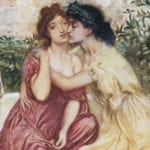 Animals
Animals  Animals
Animals  Weird Stuff
Weird Stuff 10 Weird Things People Used to Do at New Year’s
 Our World
Our World 10 Archaeological Discoveries of 2025 That Refined History
 Weird Stuff
Weird Stuff 10 Fascinating Facts You Might Not Know About Snow
 Miscellaneous
Miscellaneous Top 10 Things Crypto Was Supposed to Change & What Actually Did
 History
History 10 Huge Historical Events That Happened on Christmas Eve
 Music
Music 10 Surprising Origin Stories of Your Favorite Holiday Songs
 History
History 10 Less Than Jolly Events That Occurred on December 25
 Weird Stuff
Weird Stuff 10 Funny Ways That Researchers Overthink Christmas
 Politics
Politics 10 Political Scandals That Sent Crowds Into the Streets
 Animals
Animals 10 Species That Refused to Go Extinct
 Weird Stuff
Weird Stuff 10 Weird Things People Used to Do at New Year’s
 Our World
Our World 10 Archaeological Discoveries of 2025 That Refined History
Who's Behind Listverse?

Jamie Frater
Head Editor
Jamie founded Listverse due to an insatiable desire to share fascinating, obscure, and bizarre facts. He has been a guest speaker on numerous national radio and television stations and is a five time published author.
More About Us Weird Stuff
Weird Stuff 10 Fascinating Facts You Might Not Know About Snow
 Miscellaneous
Miscellaneous Top 10 Things Crypto Was Supposed to Change & What Actually Did
 History
History 10 Huge Historical Events That Happened on Christmas Eve
 Music
Music 10 Surprising Origin Stories of Your Favorite Holiday Songs
 History
History 10 Less Than Jolly Events That Occurred on December 25
 Weird Stuff
Weird Stuff 10 Funny Ways That Researchers Overthink Christmas
 Politics
Politics 10 Political Scandals That Sent Crowds Into the Streets
Top 10 Silliest English Words And Their Origins
English is an amazing language with its roots in the Eastern Germanic family of languages with an enormous dollop of influence from the Romance languages (mostly through French). That has led to a number of very curious but definitely fun words to appear over the centuries. This list looks at ten of those words: mostly familiar but seldom used.
See Also: 10 Wrong Words That Are Actually Right
10 Malarkey

You may have heard this word recently when Democratic hopeful for the 1820 presidential election and supercentenarian, Joe Biden, recently surprised everyone with his hilarious use of the phrase “no malarkey” which he also painted on his campaign omnibus. But jocularity aside, what does malarkey mean? According to the Oxford English Dictionary, it refers to “nonsense talk” and it originated in the 1920s. The rise in popularity of its use occurred in parts of the US with heavy Irish immigrant influence so it is possibly related to some unknown man by the name of “Mullarkey” but we’ll never know. What we do know is that there is a tinge of irony to the fact that Mr Biden has chosen this particular phrase for his campaign given his recent public speaking blunders, such as “poor kids are as bright as white kids” and the incredibly hilarious, yet so terribly wrong “No man has a right to raise a hand to a woman in anger other than in self-defense and that rarely ever occurs. And so we have to just change the culture. Period. And keep punching at it and punching at it and punching at it.”
9 Flim-flam
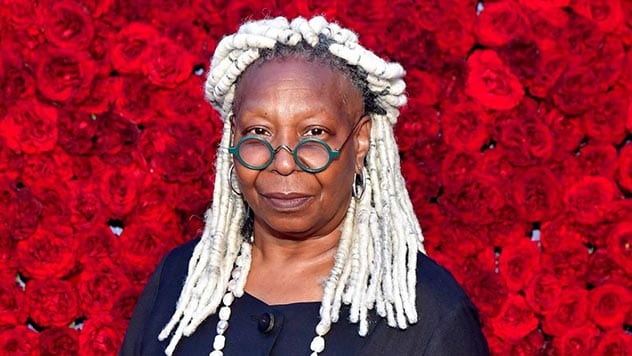
Flim-flam is yet another word with much political use! It means insincere talk or deceitful words. Here it is in a sentence: “Ninety percent of political commentary is flim-flam”. Its origins are in the 16th century and the term is a form of symbolic reduplication. Reduplication is a linguistic trick used in most languages to draw attention to something or emphasize it. A recent (and somewhat shocking) form of this is when Whoopi Goldberg absolved Roman Polanski of his child-molestation crime by saying it wasn’t “rape-rape” (so much for #metoo). I’m not certain his 14 year old victim would have felt the same way. Other common uses of reduplication are the words “razzle-dazzle”, “bye-bye”, “hip-hop”, and the funnest form (shm-reduplication) “fancy-shmancy”.
8 Gigglemug
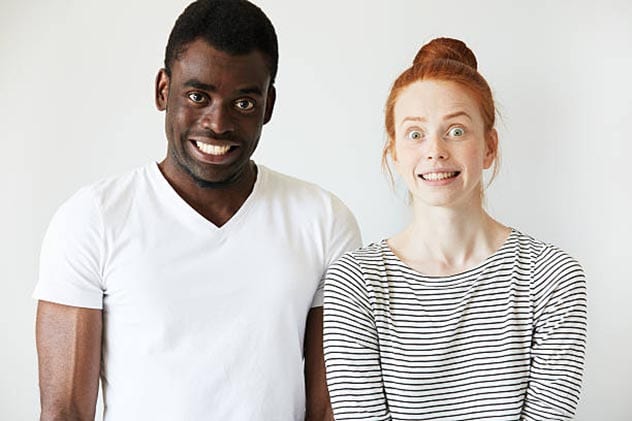
Once upon a time politics was filled with gigglemugs. These days there are more triggeredmugs but that is beside the point. A gigglemug is a face (and by extension a person) who has a smile constantly plastered to their face. The word implies disingenuousness. Hollywood is still bursting to the seams with gigglemugs. The term comes from the British use of the word “mug” to mean face which probably came from the old 17th century mugs that were often decorated with faces (toby jugs are an example of this). This use of the word mug is seldom seen in modern English except in the form a mugshot. And the word giggle comes from the 1500s and is an onomatopoeia for the sound we make when we giggle.
7 Collywobbles
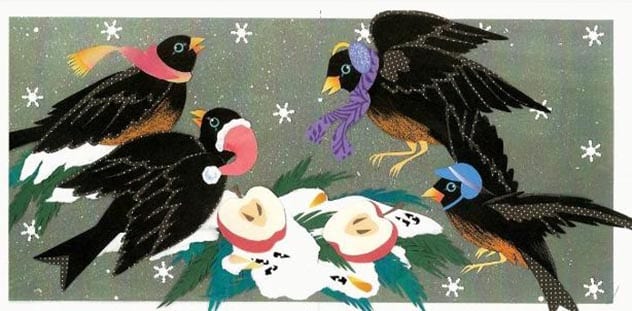
Collywobbles refers to a stomach ache or butterflies in the stomach. Despite what you may have heard about this word originating as an aberration of “cholera morbus” that is unlikely. When this word arose in the early 1800s, there was also a commonly used meaning for the word “colly” which was a reference to coal dust. Here’s a great bit of knowledge for you: you’ve been singing the twelve days of Christmas wrong your whole life. You know the “four calling birds”? They weren’t calling at all! They were “colly birds”—a slang for blackbirds. Anyway, there is no real reason to believe that coal dust was the root of the term either, though both theories have been suggested. Most likely it is just a cutesy word made up to distract a child from his stomach pains.
6 Poppycock
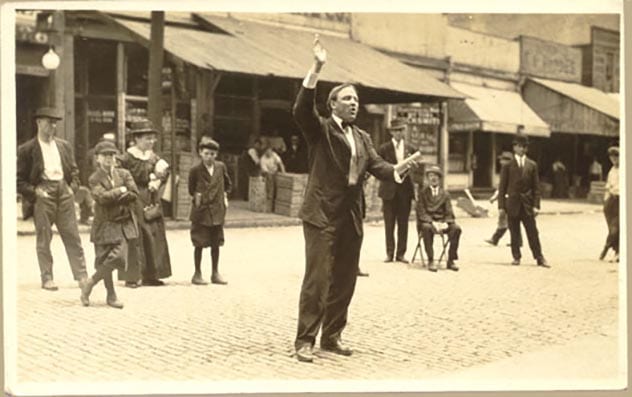
Neither related to opium nor penises, poppycock is a very American term from around the mid 1800s and most likely came from Dutch migrants who used the phrase zo fijn als gemalen poppekak meaning a person with great religious zeal (literally meaning “as fine as powdered dolls shit”). The connection to feces (and dolls obviously) was lost and the term ultimately came to be used in English to mean something which is nonsense. It is easy to see how a term referring to the type of character who preaches enthusiastically on a street corner could come to be used to mean anything nonsensical.[1]
5 Nincompoop
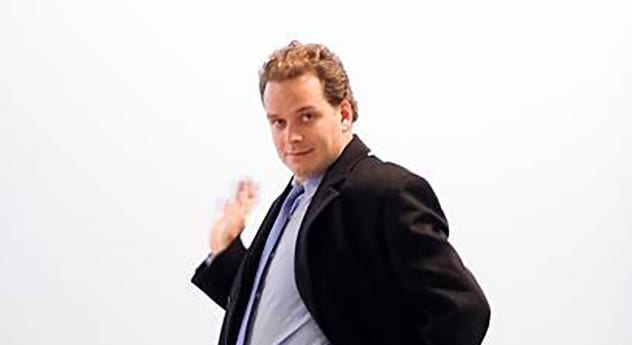
A nincompoop is a foolish or stupid person—it is somewhat synonymous with the term “Youtube commenter“. The word first appears in the greatest language of all (English, duh), in the 1600s. It’s origins are widely disputed but range from the boring (a reference to the Biblical Nicodemus who naively questioned Christ), to the logical sounding opinion of the brilliant Dr Johnson who claimed it to be an aberration of the Latin non compos mentis (not mentally competent). And then finally the most bizarre origin theory is that it comes from Dutch nicht om poep which could refer to a farting effeminate gay man (I didn’t make that up . . seriously).[2]
4 Claptrap
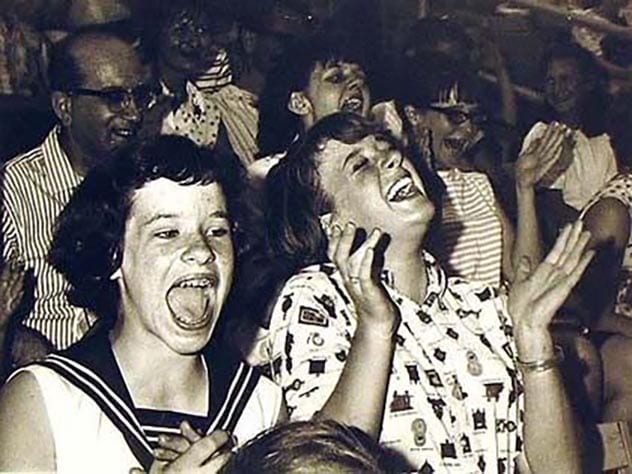
Claptrap is a weird word with a slightly different meaning originally to its current use. Now it means something which is a load of rubbish; actually it’s pretty similar to malarkey. The source of this word, however, has theatrical origins. If you are a fan of the hacker named 4Chan, you’ll know the use of the term “trap” to refer to a crossdresser who traps straight guys by tricking them into thinking he is really a girl (this is not related to transgenderism by the way). “Claptrap” came about in much the same way. When something was claptrap, it was a special theatrical trick designed to make people clap unexpectedly. Presumably this was often done with actions that were ridiculous or foolish so in modern parlance the term has no relation to clapping and every relation to ridiculous or foolish talk—in other words: nonsense.
3 Whippersnapper

When not rejecting a bunch of Malarkey, Mr Biden can be found sniffing the heads of young whippersnappers. A Whippersnapper is, of course, a belligerent youth or simply a lazy bored youngun. The term is a fascinating mixture of two things: in the late 16th century and early 17th century some young people took up the habit of snapping whips to pass the time: much like modern kids playing with fidget spinners. Emerging in the English language around the same time was the phrase “snipper-snappers” which referred to street kids. Simply by chance these terms merged and left us with “whippersnapper”. It is not very commonly used these days unless you are in a black and white British moving picture.
2 Mumbo-Jumbo
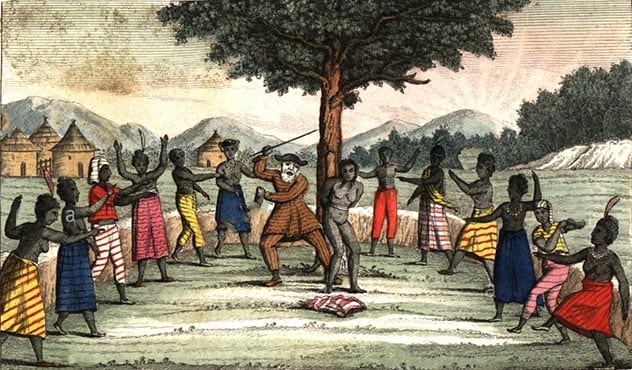
Mumbo-Jumbo refers to meaningless words: phrases that make no sense or make sense to just a small number of people (such as political jargon). It can also mean the practices of a person involved in strange non-standard religious practices (typically religions deemed sinister or dark such as voodoo or witchery). It is this latter meaning from which the word originates. Maamajomboo is a Mandkinan word (a language in Gambia) describing a man who dresses up in a weird costume to perform rituals. Here is the rather hilarious 1803 Encyclopedia Britannica definition of Mumbo Jumbo: “A strange bugbear employed by the Pagan Mandingos for the purpose of keeping their women in subjection. [E]very man marries as many wives as he can conveniently maintain; and the consequence is, that family quarrels sometimes rise to such a height, that the husband’s authority is not sufficient to restore peace among the ladies. On these occasions, the interposition of Mumbo Jumbo is called in; and it is always decisive.”[]
1 Trumpery
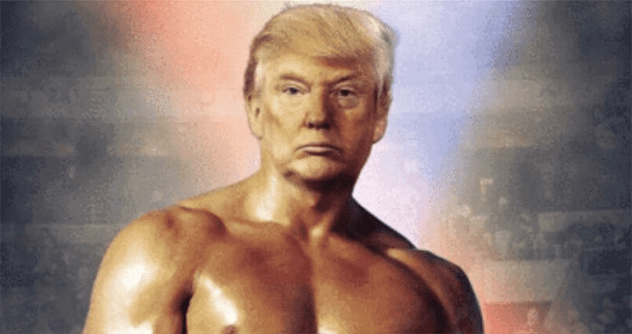
The French word Tromperie came from their verb tromper meaning “to deceive”. The word travelled, via Middle English (before Shakespeare and that darned confusing modern English of his) to our own language as trumpery, which means the same thing: deceitfulness or a deceitful thing. It has no historical confluence with the current President of the United States of America—though, in a similar fashion to the “backronym” (an acronym definition invented after the acronym itself), many fancifully believe it does. Another word that very much describes politicians in general is “snollygost”—a shrewd and unprincipled person who does things for their own gain. Can you name a politician who has done this? Or more simply: can you name one who hasn’t?
+ Competition Time!
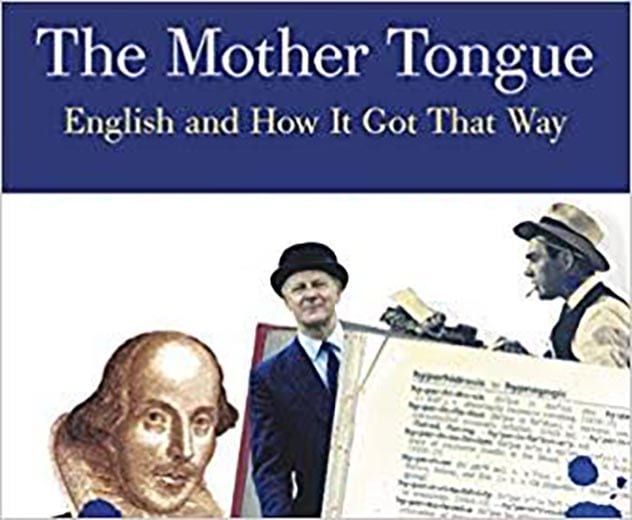
COMPETITION IS NOW ENDED: See the comments for the winner’s names. It’s time for another competition! In order to combat the unfairness of comment voting count when people around the world wake at different times of the day, the winner of this competition will be chosen at random from all the comments. Five people will win a copy of this amazing book! There are unlimited entries allowed (one comment is one entry) but your comment must contribute to the discussion; you can’t just post mumbo-jumbo and hope to win! I’ll pick the winners at midnight (Pacific time). You can be from any country. You can be any age. You need to be a registered user of Listverse.com, you can sign up here or log on here. If you are already registered you are eligible. Guest posts are not included.
What do you win? Just the best book on languages ever! The Mother Tongue – English And How It Got That Way by the brilliant Bill Bryson whose books we have featured before. In The Mother Tongue, Bryson “brilliantly explores the remarkable history, eccentricities, resilience and sheer fun of the English language.”
As one reviewer puts it: “Who would have thought that a book about English would be so entertaining? Certainly not this grammar-allergic reviewer, but The Mother Tongue pulls it off admirably. Bill Bryson—a zealot—is the right man for the job. Who else could rhapsodize about “the colorless murmur of the schwa” with a straight face? It is his unflagging enthusiasm, seeping from between every sentence, that carries the book.”
Bryson’s book are some of my favorite so I’m certain it will be loved by the winner. Good luck!
